Artificial intelligence (AI) remains one of Intel’s most important strategic priorities. On November 11th, according to a report by the Financial Times cited by Global Times, Intel confirmed that Sachin Katti, the Chief Technology and Artificial Intelligence Officer who has only been in office for six months, has decided to resign and will join the artificial intelligence startup OpenAI, responsible for the design and construction of its AI infrastructure.
Intel announced in a statement that CEO Chen Liwu will succeed Sachin Karti and stated that “artificial intelligence (AI) remains one of Intel’s most important strategic priorities, and the company is committed to advancing the implementation of its technology and product roadmap in the emerging field of AI workloads. ”The company also announced the appointment of former senior vice president and Google executive Craig Barratt to the board of directors to strengthen the technology decision-making layer.
His resignation became the second AI executive to leave Intel this year – previously, Justin Hotard, who was responsible for the company’s data center and AI business, had left in the spring to become the CEO of Nokia.
In the past few years, chip giant Intel has continued to lag behind in the advanced process competition, leading to its market share in the PC chip market being eroded by AMD, and in the AI chip field being left behind by Nvidia. On the performance side, revenue has declined for six consecutive quarters, with a net loss of up to $7.6 billion for the 2024 fiscal year.
After Chen Liwu took office as CEO in March this year, he attempted to reverse Intel’s difficult situation and transform towards AI through a series of efforts.
In August, Intel announced an agreement with the US government, which injected $8.9 billion into Intel through the Chip and Science Act special fund, with a 9.9% stake, becoming its third largest shareholder. The funds will mainly be used for the development of the 18A process and the expansion of the 52nd wafer fab. Also in August, Softbank Group subscribed for Intel common shares with US $2 billion, focusing on cooperation between AI and edge computing. In September, Nvidia invested $5 billion in Intel and agreed to jointly develop customized data center CPUs and PC system level chips. Intel will provide advanced packaging support for Nvidia, while Nvidia will open up some AI software ecosystem resources.
On October 9th, Intel released the architecture details of the world’s first PC chip “Panther Lake” developed based on the 18A (1.8nm) process technology. Mass production will begin this year, with the first SKU expected to be shipped before the end of the year and achieve widespread market supply by January 2026. Intel also previewed Intel ® Xeon ® 6+(codenamed Clearwater Forest) is Intel’s first server processor based on Intel 18A, expected to be launched in the first half of 2026.
On October 9th local time, Intel released a photo on its official website: CEO Chen Liwu holds a blue wafer, which is the core carrier of the first PC chip “Panther Lake” developed based on the 18A process.
On October 23rd local time, Intel released its best quarterly report in nearly six quarters and achieved a turnaround from losses to profits. In the third quarter of 2025, the company achieved a revenue of 13.65 billion US dollars, an increase of 2.8% year-on-year; Adjusted gross profit margin of 40%, higher than the market estimate of 36.1%; Adjusted earnings per share were $0.23, with a loss of $0.46 per share in the same period last year.
Among them, the Client Computing Division (CCG) performed outstandingly, with revenue increasing by 8% month on month to $8.5 billion, exceeding expectations. At the same time as the performance reversal, the execution reform vigorously implemented by the new CEO Chen Liwu has also achieved significant results, achieving steady improvement for four consecutive quarters.
Intel expects fourth quarter revenue of $12.8 billion to $13.8 billion; Expected adjusted gross profit margin of 36.5%; Adjusted earnings per share of $0.080.
According to data, Sachin Karti joined Intel at the end of 2021 and has long led the company’s research and development layout in the fields of AI software and dedicated chips. He was promoted to Chief Technology and Artificial Intelligence Officer in April this year and is seen as a key figure in Intel’s fight against Nvidia and AMD.
OpenAI co-founder and president Greg Brockman announced on social media that Kati will join the company dedicated to “designing and building the company’s computing infrastructure.
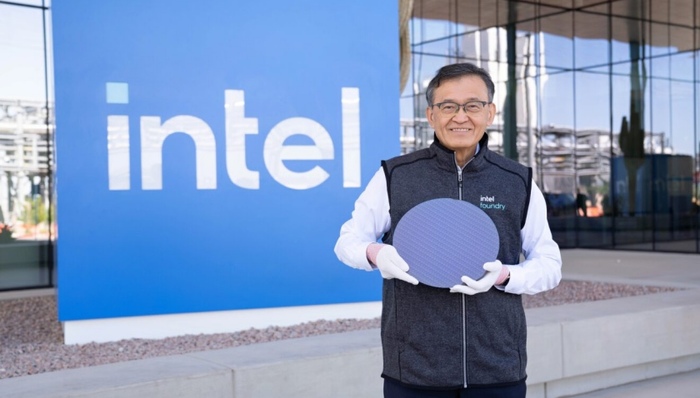

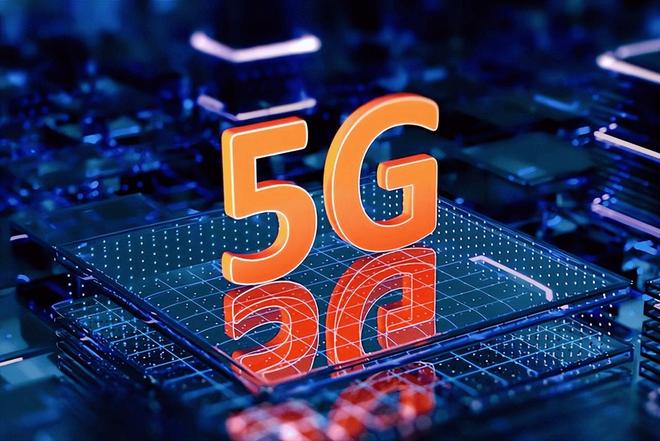




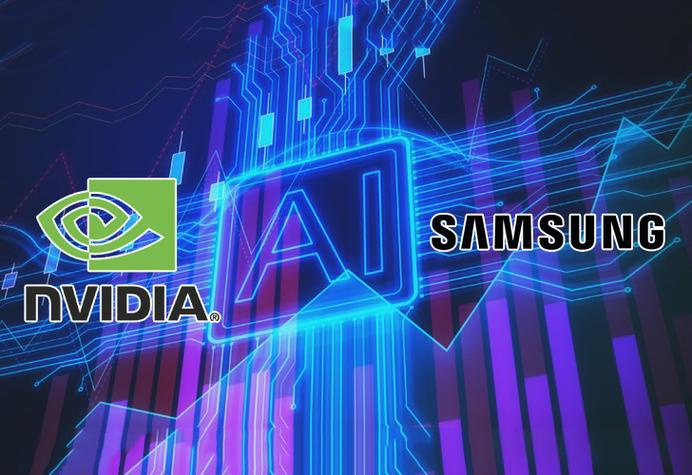
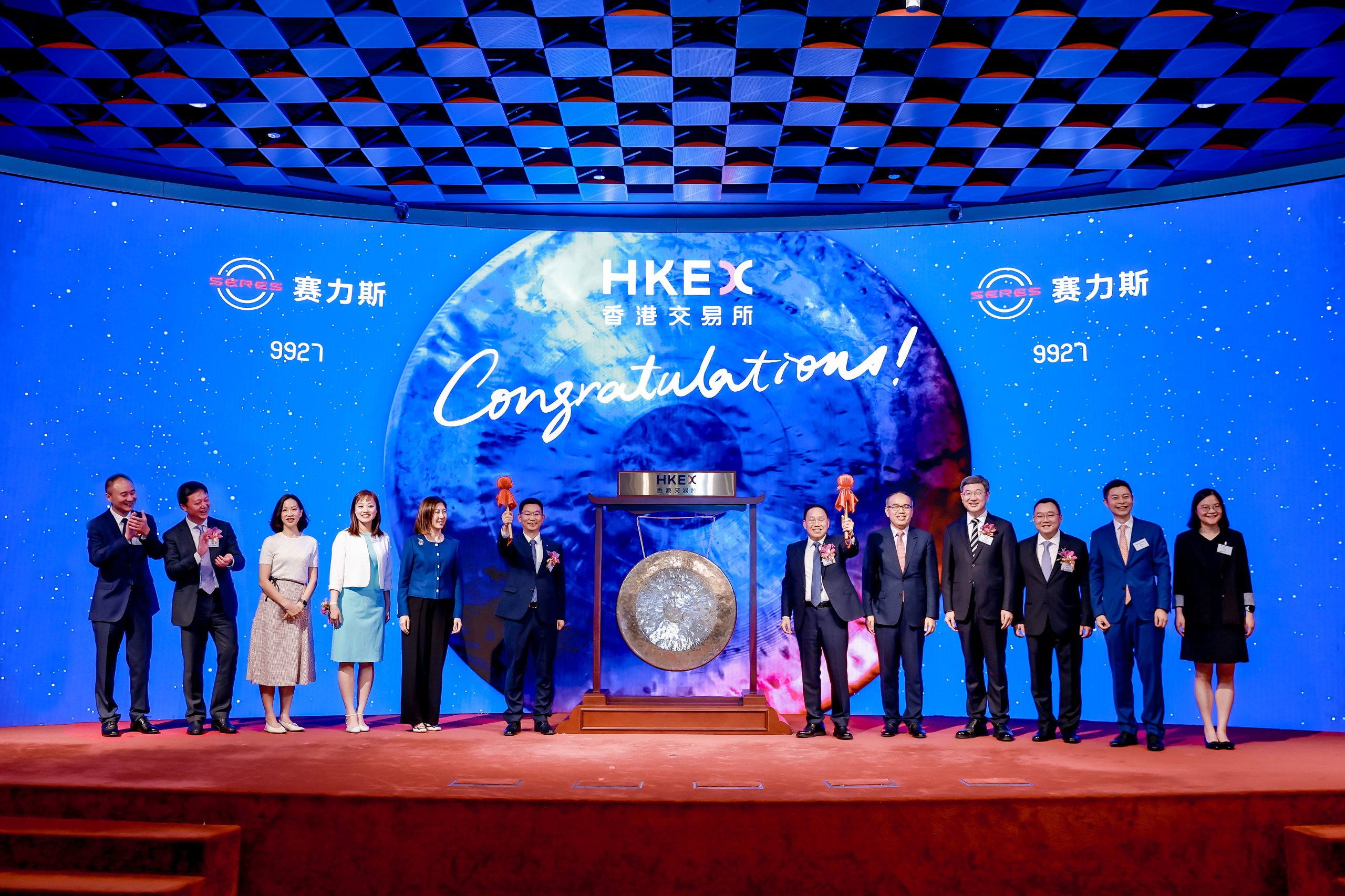






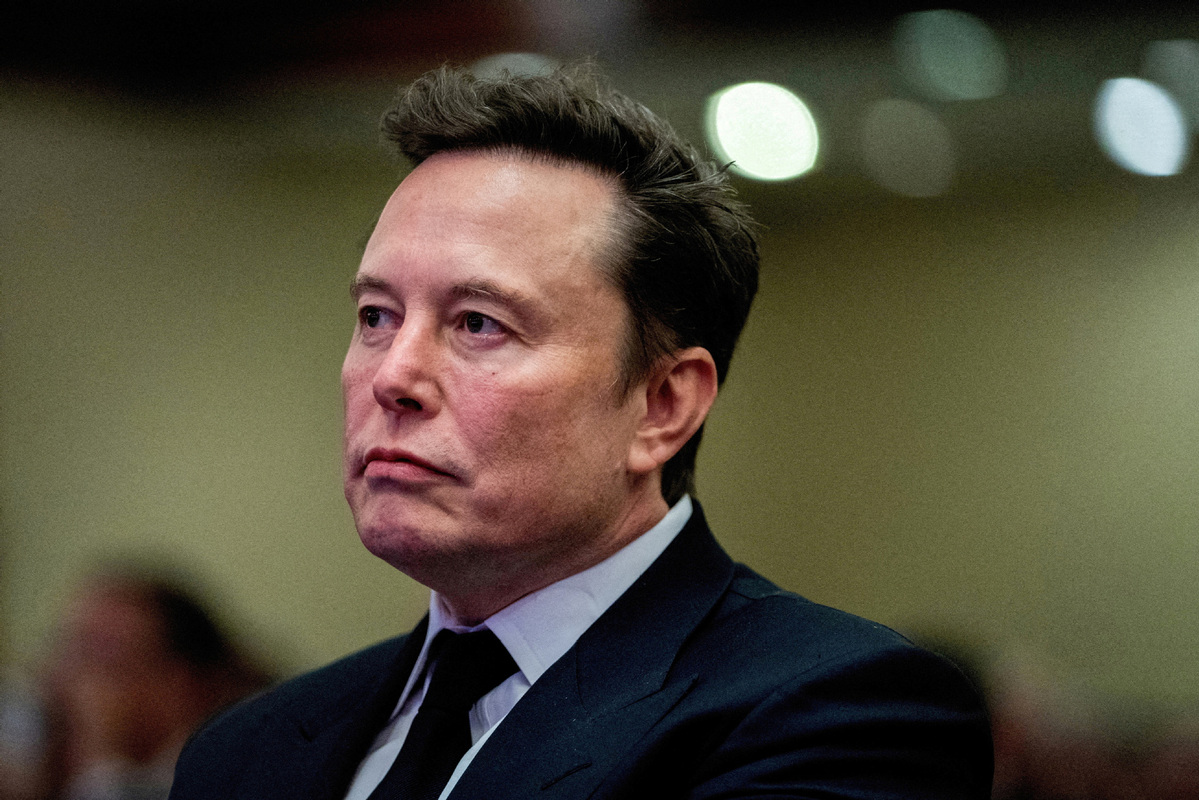


暂无评论内容